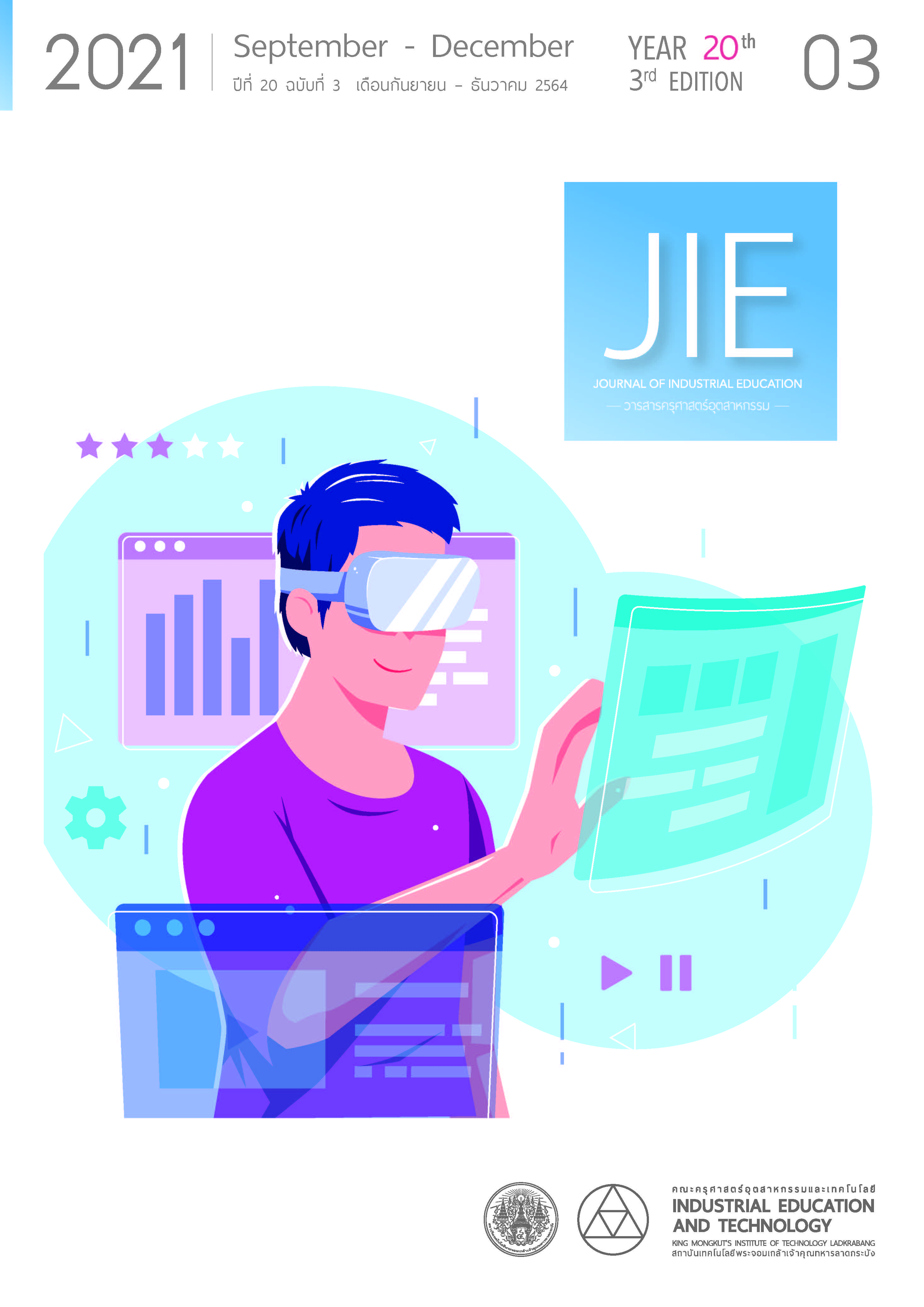USING ROLE-PLAY TO IMPROVE CHINESE LANGUAGE SPEAKING SKILLS : CASE STUDY FROM INTERNATIONAL COLLEGE, SURAT THANI CAMPUS, PRINCE OF SONGKLA UNIVERSITY
Keywords:
Role-Playing Activities, Speaking skills development, Chinese Language, SatisfactionAbstract
The purposes of this research were to compare the learners’ Chinese speaking scores before and after learning by using role-playing activities and the learners’ satisfactions towards role-playing activities. The samples of the study were 70 undergraduate students majoring in Chinese for Business Communication who enrolled Chinese 3 in the first semester of academic year 2021, case study from International College, Surat Thani Campus, Prince of Songkla University, selected by purposive sampling technique. The research instruments were four situation role-playing activities in Chinese language, Chinese speaking pre-test and Chinese speaking post-test, a satisfaction questionnaire, and a semi-structure interview. The statistics used to analyze the data were mean, standard deviation, and dependent samples t-test. The findings revealed that the samples speaking post-test scores were significantly higher than their pre-test scores at the level of .05 and the samples satisfactions towards learning through role-playing activities were at the high level ( = 4.47).
References
Manomaivibool, P. (2007). “Development of Chinese language teaching in Thailand.” Journal of Letters. 36(2), 64-82. (in Thai)
Saejia, H. (2016). The development of Chinese teaching and learning system in Thailand: Primary school level. (Research report). Bangkok: Office of the Education Council. 13. (in Thai)
Wasinanon, N. (2016). The development of Chinese teaching and learning system in Thailand: Undergraduate level. (Research report). Bangkok: Office of the Education Council. 12-16. (in Thai)
Nuansri, A. (2015). “The communicative approach for learning Chinese with the total physical response (TPR) method for the Grade 4 students of way Khu-yang, Kampheng Phet Primary education area office 1.” Panyapiwat Journal. 7(1), 149-159. (in Thai)
Tatip, S., & Tanunchaibutra, P. (2016). “The development of Grade 9 students’ Korean language listening and speaking abilities using B-SLIM learning model together with role playing activities.” Journal of Education Khon Kaen University (Graduate Studies Research). 10(Special Issue), 135-140. (in Thai)
Tipmontree, S., & Tasanameelarp, A. (2019). “Using role playing activities to improve Thai EFL students’ oral English communication skills.” International Journal of Business and Society (IJBS). 21(3), 1215-1225.
Li, X., & Jongkonklang, S. (2017). “The development of learning unit on Chinese communication skills for Prathomsuksa 5 students of the Demonstration school of Nakhon Ratchasima Rajabhat university.” Ratchaphrurk Journal. 15(1), 104-111. (in Thai)
Theerawut, K. (2017). “A study of learning achievements and satisfaction towards 0109431 Chinese proverbial tales by using role-play method of the third year Chinese major students at Thaksin University.” Inthaninthaksin Journal. 12(3), 127-140. (in Thai)
Tasanameelarp, A., Girgin, T., Muangkaew, N., & Pengbun, C. (2017). “Students’ perceptions of English language teaching and learning in Prince of Songkla University, Surat Thani campus.” Journal of Mahasarakham University Humanities and Social Sciences. 36(2), 15-25. (in Thai)
Tasanameelarp, A. (2016). “Languages communication and business curriculum: aspects from students, lecturers, and employers.” Journal of Humanities and Social Sciences Mahasarakham University. 35(4), 219-228. (in Thai)
Srisa-ard, B. (2002). Basic Research. 7th ed. Bangkok: Suwiriyasarn. (in Thai)
Likert, R. (1932). “A technique for the measurement of attitudes.” Archives of Psychology. 22(140), 55.
Sungpanich, P. (2017). “Improving French speaking skills through the use of simulation technique of Tourism Industry students: Faculty of Management science at Chandrakasem Rajabhat University.” The Bulletin de l’ATPF. 40(2), 41-54. (in Thai)
Murphy, J. (2003). “Task-based learning: the interaction between tasks and learners.” ELT Journal. 57(4), 352-360.
Domesrifa, K. (2008). “A study of using oral communicative activities to enhance English speaking ability of Mattayomsuksa one students.” Master’s project, Srinakharinwirot University, 50-53. (in Thai)
Moontadee, S., Kunyot, T., & Wora-in, C. (2016). “Developing English speaking skills of Grade 11 students through role play activities.” Humanities and Social Sciences Journal of Graduate School, Pibulsongkram Rajabhat University. 10(1), 68-83. (in Thai)
Wisutsiri, Y., & Tasanameelarp, A. (2020). “The desirable characteristics of Chinese teachers as perceived by Prince of Songkla University, Surat Thani campus students.” Humanities and Social Sciences Journal, Ubon Ratchathani Rajabhat University. 12(1), 200-211. (in Thai)
Namthong, M., & Wisutsiri, Y. (2016). “The evaluation of the effectiveness of Chinese language teaching. In K. Suwanpimon (Ed.).” Proceeding of the 8th PKRU National Conference: Research and Innovation for Globalization, Phuket: Phuket Rajabhat University. (in Thai)
Boonphak, K. (2020). “Learning Management in the New Normal.” Journal of Industrial Education. 19(2), 1-6. (in Thai)
Tasanameelarp, A., & Girgin, T. (2020). “The use of role-play activities to reduce Thai EFL learners’ English speaking anxiety.” Udon Thani Rajhabhat University Journal of Humanities and Social Sciences. 9(1), 1-20. (in Thai)
Tipmontree, S. (2013). Effectiveness of role playing in an “English for hospitality services” classroom. (Research report). Surat Thani: Prince of Songkla University. 83-99. (in Thai)
Downloads
Published
How to Cite
Issue
Section
License
Copyright (c) 2021 Journal of Industrial Education

This work is licensed under a Creative Commons Attribution-NonCommercial-NoDerivatives 4.0 International License.
"The opinions and contents including the words in papers are responsibility by the authors."
"ข้อคิดเห็น เนื้อหา รวมทั้งการใช้ภาษาในบทความถือเป็นความรับผิดชอบของผู้เขียน"



